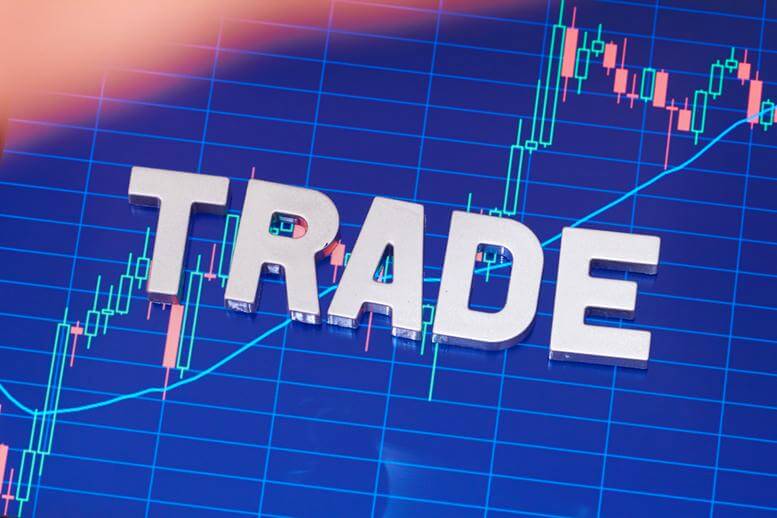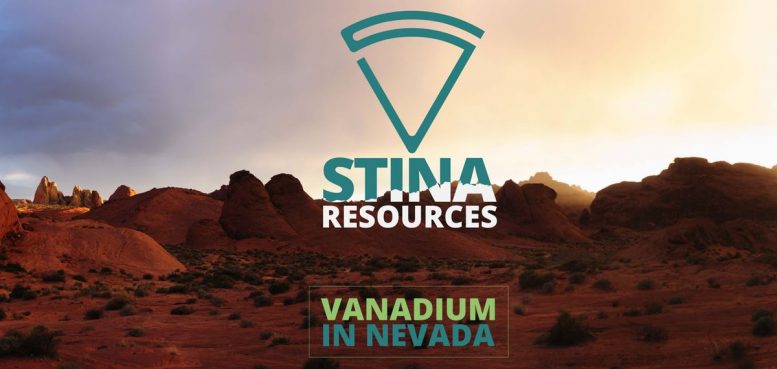Are you thinking about investing in lithium? If so, one option is to invest in a lithium miner. When doing so, it is important to select the best lithium company based on the following factors: valuation, production costs, stage of development, and resources.
Investing in Lithium miners:
– It is worthwhile noting that lithium mining is a leading industry which supports three other industries; energy storage, smartphones, and electric vehicles. Each of these is a billion dollar industry.
– In 2015, lithium-ion battery production tripled in China.
– According to Benchmark Mineral Intelligence, there is 12 lithium ion battery “mega factories” set to be open and at work by 2020. These include the following: Panasonic, Tesla, LG Chem, Samsung SDI, Byd, Foxconn and Boston Power. Strategically speaking, owning more of the supply chain makes a lot of sense.
– For anyone thinking about making numerous lithium investments, keep this next point in mind. Goldman Sachs, who refer to lithium as the new gasoline, have forecast 22% electric vehicle penetration, and “lithium demand for all EV applications could grow more than 11x by 2025.”
– Goldman Sachs has also stated that “a Tesla model S with a 70 kWh battery uses 63 kilograms of Lithium Carbonate Equivalent (LCE) – an equivalent content of more than 10,000 cell phones.”
– Various other technical experts have reported that an EV battery will require around 2.5kgs per kWh. What this means is that the 70 kWh Model S would require 175 kgs of LCE. Additionally, the 60 kWh model 3 would require 150 kgs.
– Picture this: If 1m EVS with 60 kWh batteries are sold in 2018, then there will need to be 150m kgs, or 150k tonnes of LCE to supply cars. Keep in mind that Tesla alone plans to sell 500k EVs in 2018.
– According to Goldman Sachs, “for every 1% increase in battery electric vehicle penetration, there is an increase in lithium demand for around 70k tonnes of LCE/year.” Based on what the experts above said, this would mean that the real number is much higher than 70 ktpa. Chances are the figure would be closer to 150 ktpa, especially as the sector moves to longer range EVs that have bigger battery capacity (around 60 kw).
– Investing in lithium has become increasingly popular as of late as “lithium is the new wonder resource in the mining sector”, according to Macquarie Bank. That said, Bank has stated that “demand is expected to systemically outstrip supply in a few years, driven by an estimated 31% CAGR of EVs to 2021.”
– With Byd and Tesla currently leading global sales, it is predicted that over the next two years, there will be 25 new makes and models of electric cars released.
– By 2020, Ford is spending USD 4.5b to add 13 new EV models to stimulate 40% of its vehicle lineup. Furthermore, Audi has plans to introduce a new EV model every year starting in 2018.
– For instance, new EV models coming in 2016 include the following: General Motors has the Bolt, nissan has the Leaf, Toyota has the Prius, and Mitsubishi has the Highlander. Other companies with new EV models include Volkswagen, BMW, Daimler Mercedes Benz, Renault, Volvo, Mazda, Honda, Hyundai, and Kia.
– It is no surprise that lithium investments have been steadily increasing as the Economist magazine has called lithium “the world’s hottest commodity.”
– Additionally, Tesla’s Elon Musk has said that Tesla “could triple the total planned battery output of the Gigafactory to 105 GWh of cells and 150 GWh of battery packs – or over 3 times the current total lithium – ion battery production worldwide.” Furthermore, Tesla stated that around half of the capacity would be required to cater for the increasing energy storage business.
– Currently, Apple is working on a project called Project Titan. In Project Titan, Apple is working on building an electric car and Musk believes that their car will be on the market as early as 2020.
– The four major political parties in Norway are creating a bill so the sale of gas powered gas will be banned by 2025.
Featured Image: depositphotos/xura







